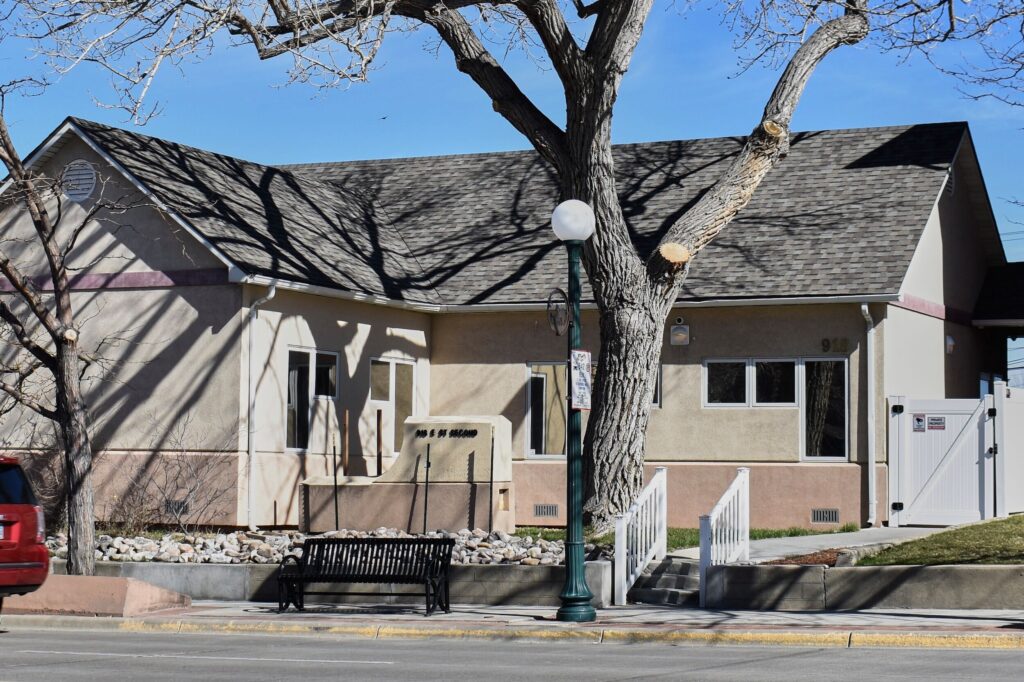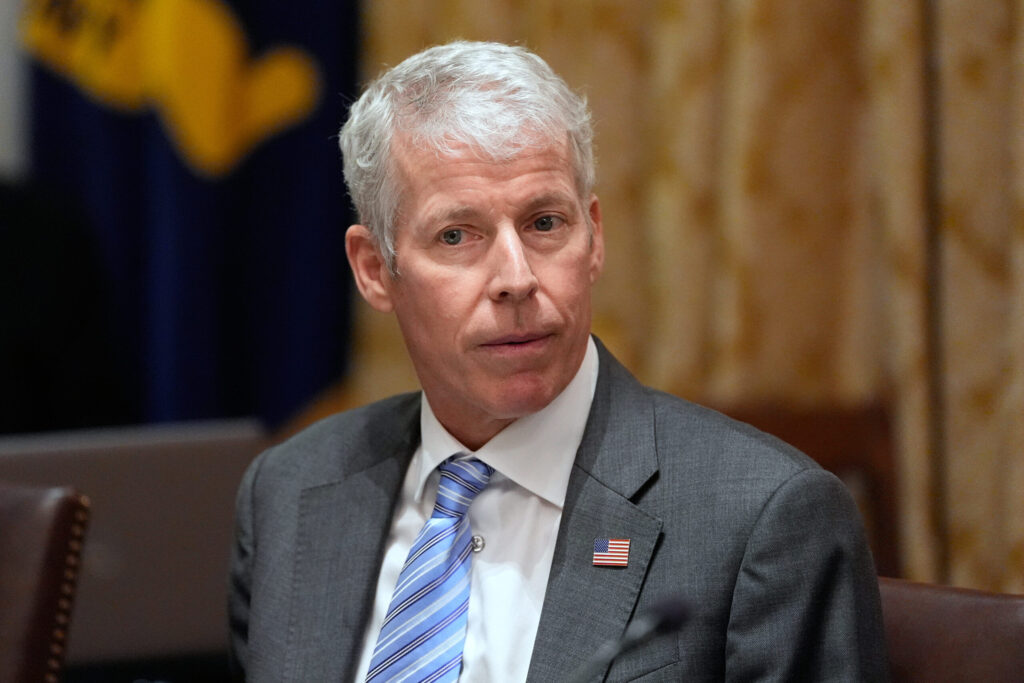Polis signs executive order to protect tenants from pandemic-related evictions

Gov. Jared Polis signed an executive order Wednesday protecting tenants from eviction who have been impacted by COVID-19, reaffirming the Center for Disease Control and Prevention’s national eviction moratorium.
Executive Order D 227 states that no landlords can file or initiate evictions if the tenant demonstrates financial hardship because of COVID-19.
This protects tenants from eviction when they fail to perform contractual obligations or if the lease expires.
Landlords cannot remove a tenant’s belongings from the property or enforce a writ of restitution or possession judgment.
Tenants are not protected if they commit a substantial violation, including committing a violent felony, drug-related felony or criminal act on or near the property that carries a potential sentence of 180 days in jail or has been declared a public nuisance.
The order doesn’t apply if the tenant poses an imminent and serious threat to others or causes serious property damage. Testing positive for COVID-19 doesn’t qualify as an imminent and serious threat.
The newest executive order implements the recommendations of Colorado’s Special Eviction Prevention Task Force, created in August to propose solutions to COVID-19 housing instability.
The task force found that 95% of Colorado renters paid rent on time in September and delinquencies are up by only 2% compared to last year.
This year’s monthly eviction filings are also lower than that of 2019, likely because of the national eviction moratorium.
However, this year, the number of Colorado households that paid more than 50% of their income in housing has more than doubled.
These households, defined as severely cost-burdened, are projected to reach 360,000 by December, compared to 150,000 in January.
From August to September, the number of Colorado households “very likely” to leave their homes because of missing payments doubled from 20,000 to 40,000.
In Colorado, Black households are five times more likely than white households to be behind on rent. Asian households are three times more likely and Hispanic households are twice as likely.
Households with children are also five times more likely to be behind on rent than households without children.
Executive Order D 227 amends and extends Executive Order D 223, which was issued on Oct. 15.
The executive order will expire 30 days from Wednesday unless extended further by another executive order. Polis has committed to keeping these orders in place until Dec. 31.













